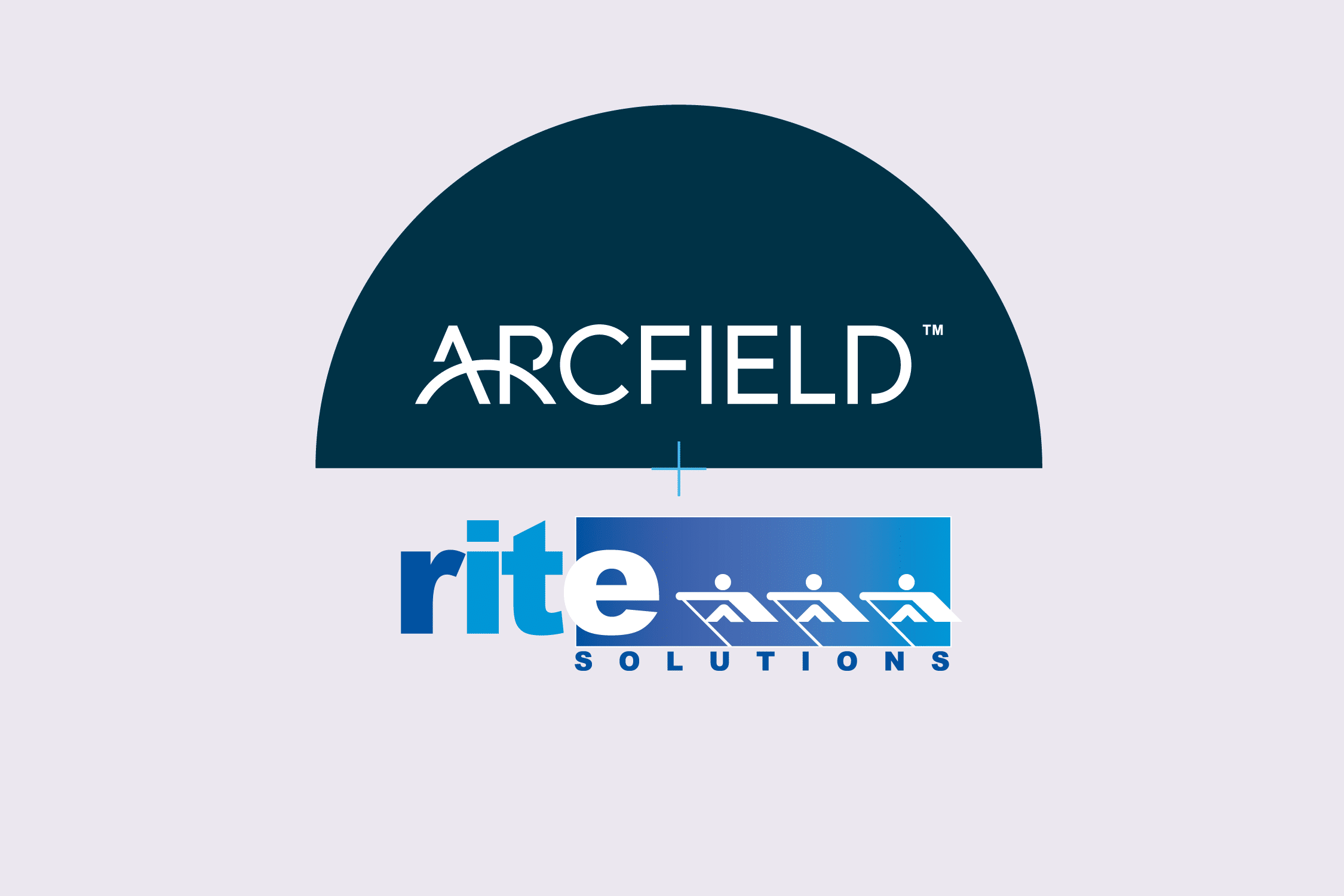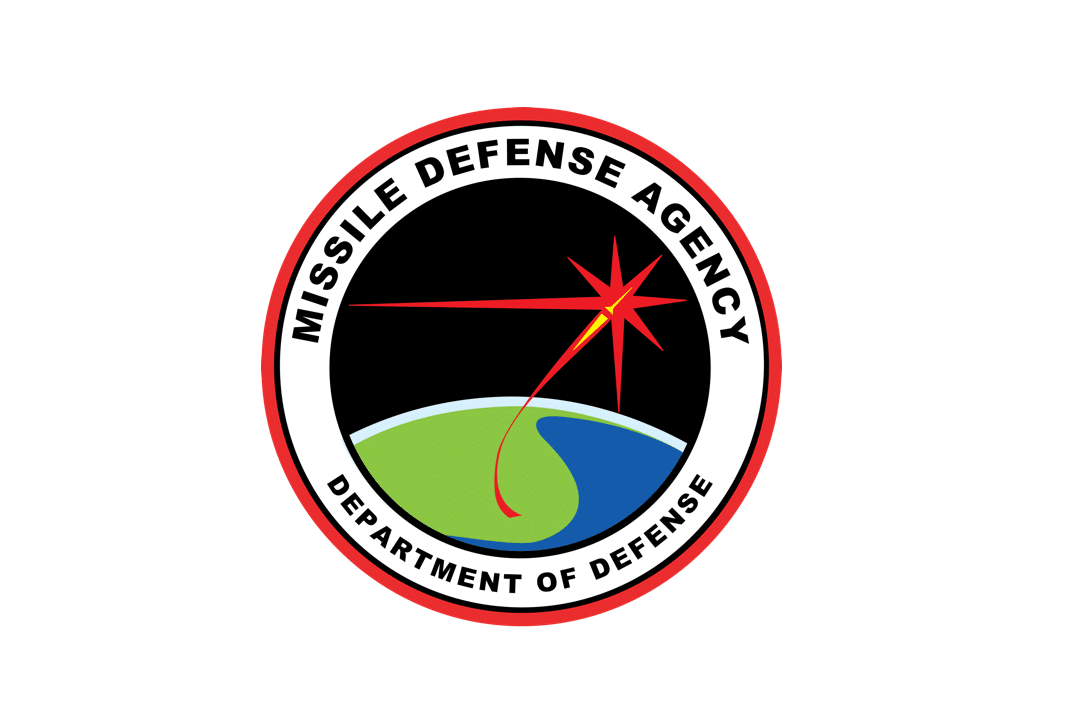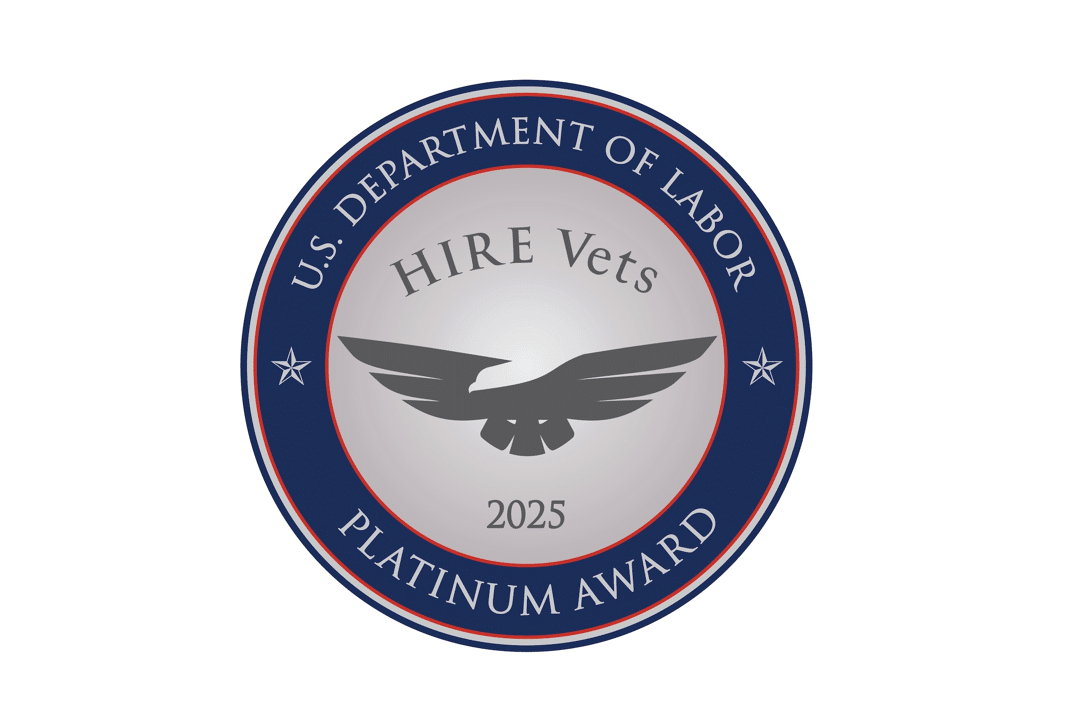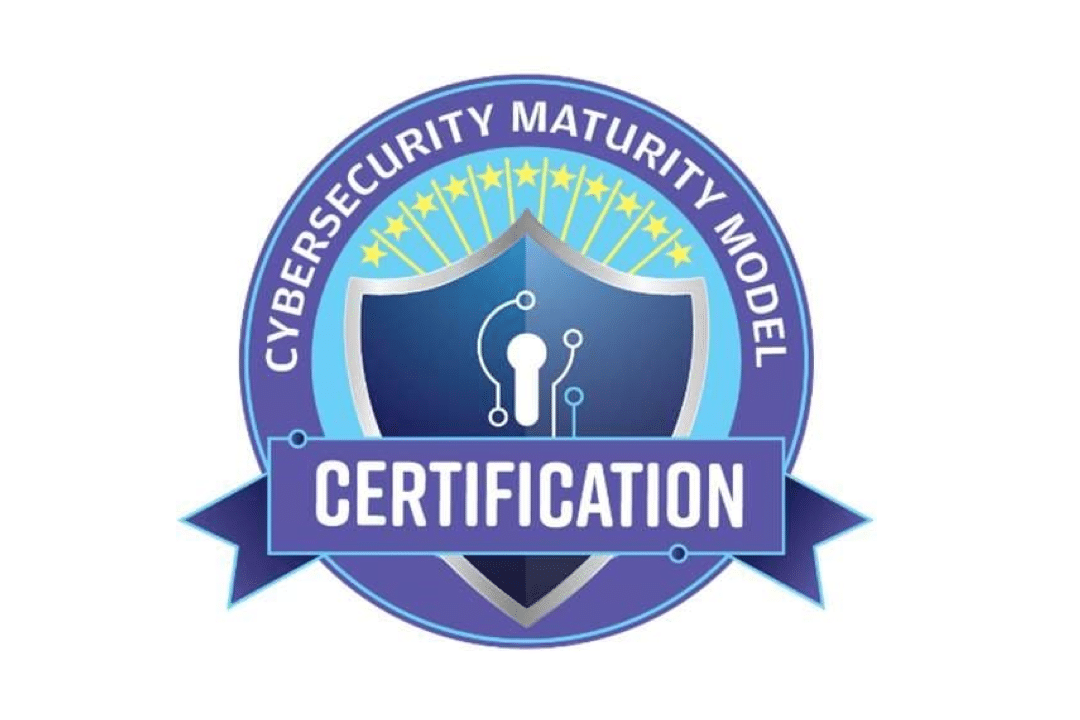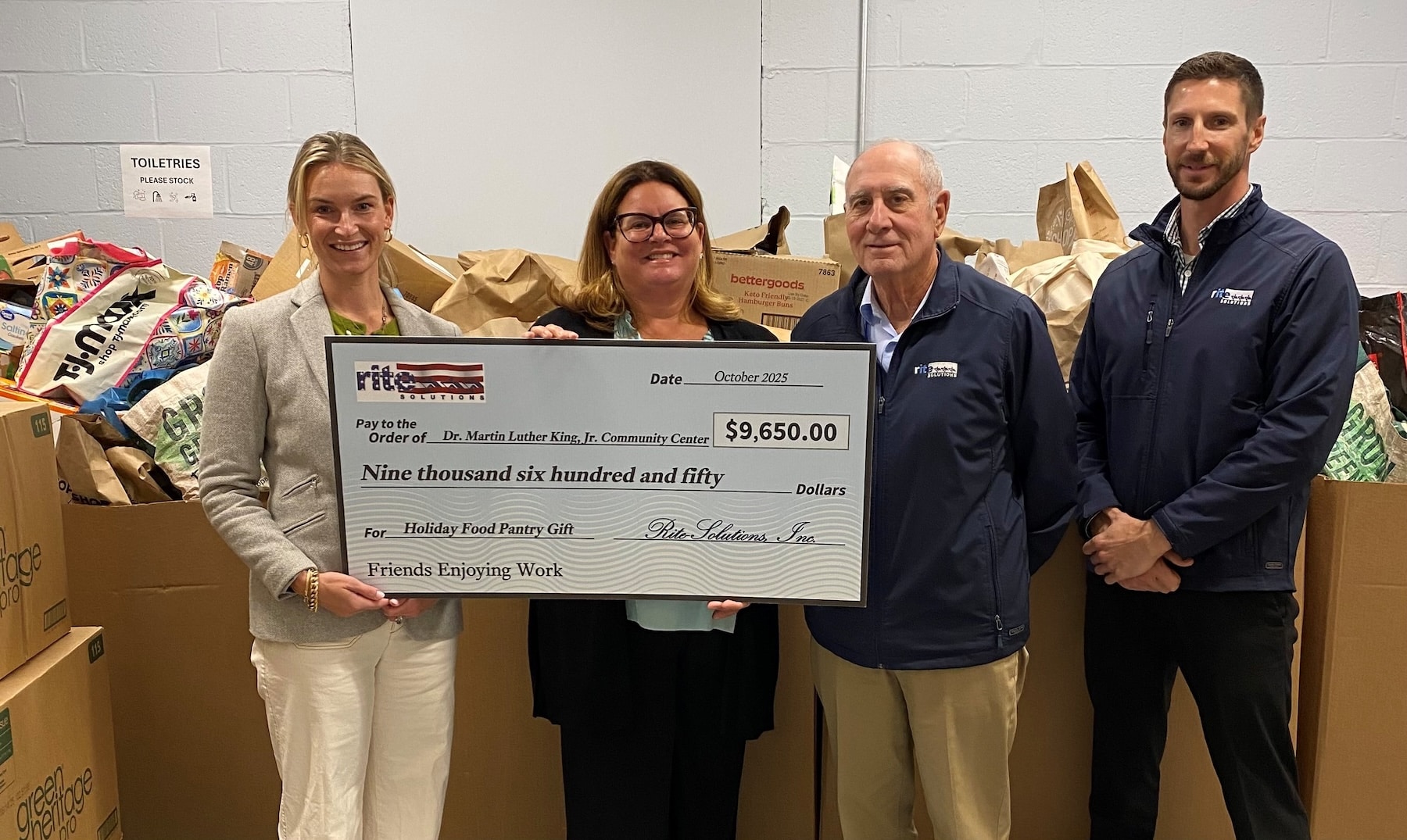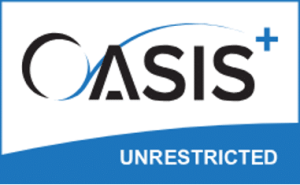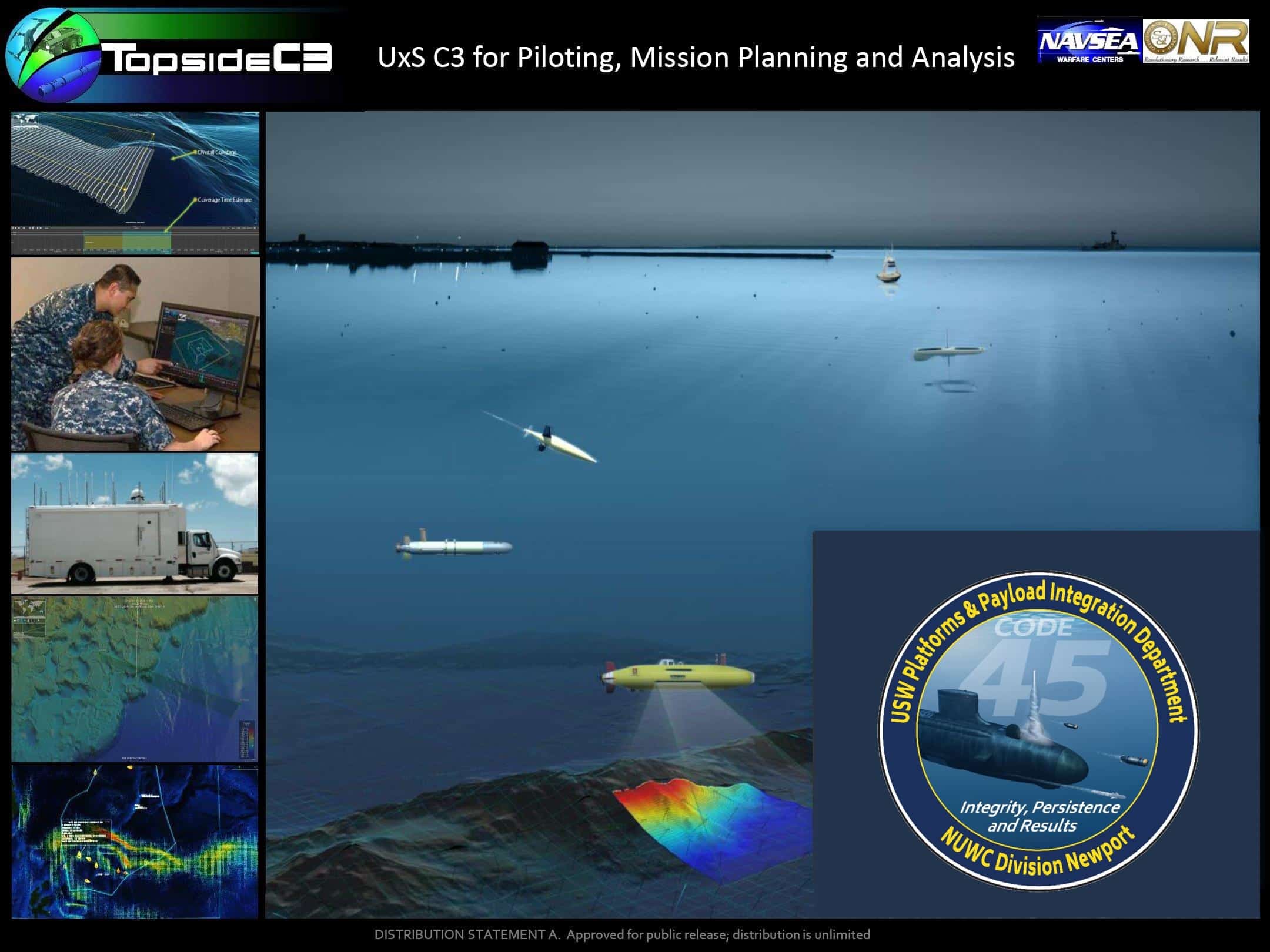News & Media
Your Fourth Step Toward Creating an Innovative Climate: Listen

In the meaningful relationship puzzle, you (the leader) have everything to gain and everything to lose. If you invest the time to implement an Ask program (the third step) without simultaneously implementing a Listen program, you have wasted your time. Employees will quickly decide to not spend their intellectual energy to help you.
This does not mean that you have to take action on every suggestion or input, but you do need to have a mechanism for capturing and calibrating input. It’s insufficient for employees to get a canned e-mail like you get from politicians that they have received your input and will give it valuable consideration before not getting back to you. Also, if the only visible action you take is based on input from your senior managers, you will soon stop receiving input from the people who have not yet achieved that prestigious title. Minimizing your intellectual bandwidth is not the objective.
Listening is a critical part of any meaningful relationship. How important is listening? Ask your partner: “Honey, is listening important in a meaningful relationship?” If they answer, “Yes Dear,” as they finish a text message, you know how it feels to be meaningless!
In a meaningful relationship, listening is a verb; an action performed by a person who wishes to process what is being transmitted. If you are merely thinking about your next opportunity to transmit, you are not listening. You can’t possibly process the importance of the interaction.
Instead, implement an Ask/Listen mechanism that allows employees to weigh-in on ideas with equal parity to their management counterparts. We use a game called Mutual Fun, but even a simple manual method can work. For example, give employees three yellow stickies to vote on the ideas that they believe are the best. Even if a person sees that their idea received only a few yellow stickies, they will at least know that everyone had a chance to look at their input. Though this is a manual method, it is better than not getting back to the employee. And it’s far superior to having some manager stop their idea in its tracks by not sending it up the line for review.
This also supports the notion of the importance of each employee. By giving every employee (managers included) the same number of stickies (or game-cash in our case), it shows that every employee has an equal, safe, and authentic voice in forwarding the progress of the organization. If an employee gets one sticky and a manager gets 100 stickies, the employee won’t even use their sticky. Why should they? You have told employees that they are not really important and have no true voice. They are meaningless. What a shame. After making employees believe you cared, trusted, and needed their intellectual bandwidth, you could ruin it by not demonstrating equal listening for all.
This is all good stuff, but you haven’t yet optimized your human capital bandwidth. Now the real fun starts! If you’ve followed the steps outlined in this blog series, your employees are caring, feeling trusted, and thinking about the organization. You are sharing, asking and listening. Employees are very likely giving you intellectual bandwidth beyond their normal workday. That’s a wonderful thing. As thinking about the organization becomes routine, and their authentic voices are being heard, you (and they) are now ready for the next step.
P.S. The cost of listening is minimal. The cost of not listening is huge!
P.S.S. Having an online game has helped us with a lot of the steps to creating an innovative workplace. Though not necessary, it just makes it all a bit easier, and making thinking fun is one of the upcoming steps. If it ain’t fun, it’s work.
Note: This post is the fourth step in a blog series authored by Rite-Solutions co-founder Jim Lavoie about Simple Steps to Creating an Innovative Climate in Your Organization. The preceding post in the series is Your Third Step Toward Creating an Innovative Climate: Ask. The next post is Your Fifth Step Towards Creating an Innovative Climate: Engage.

